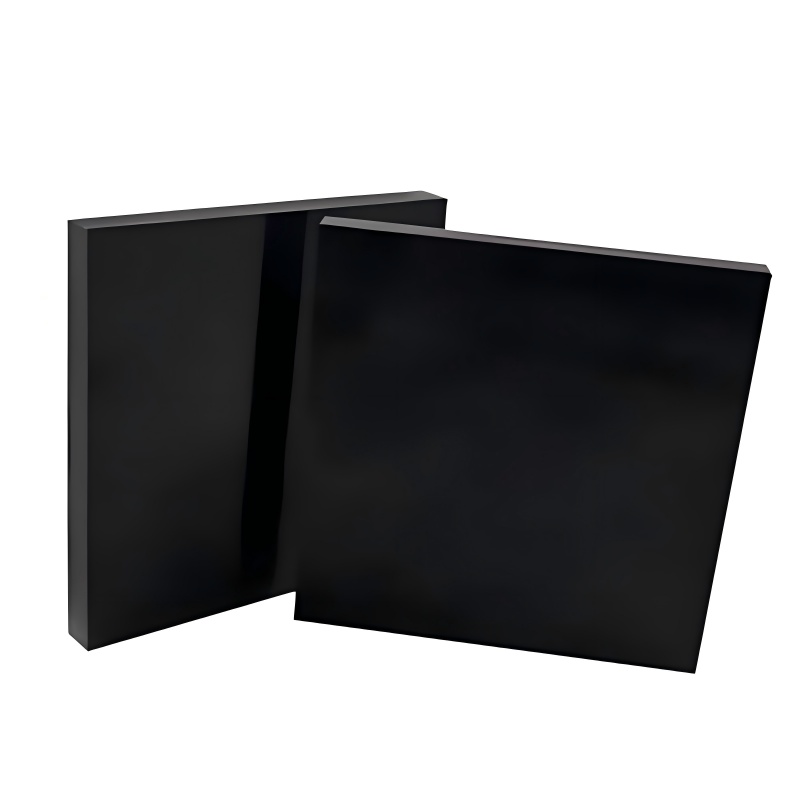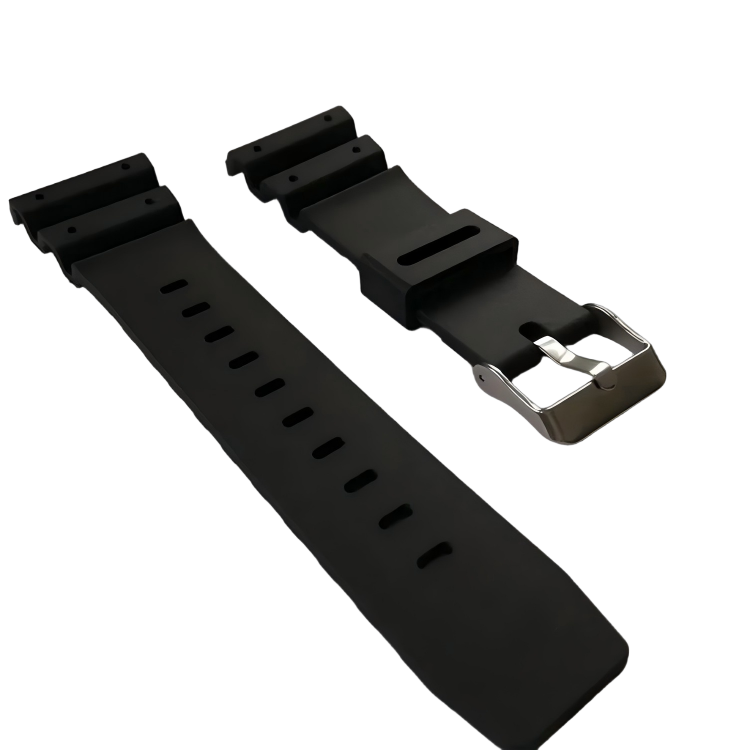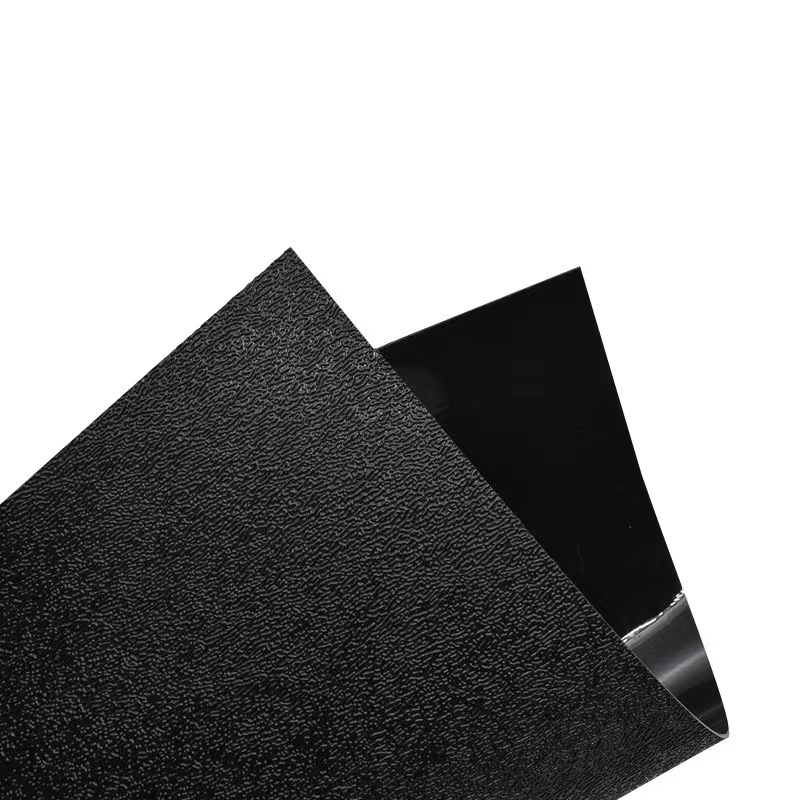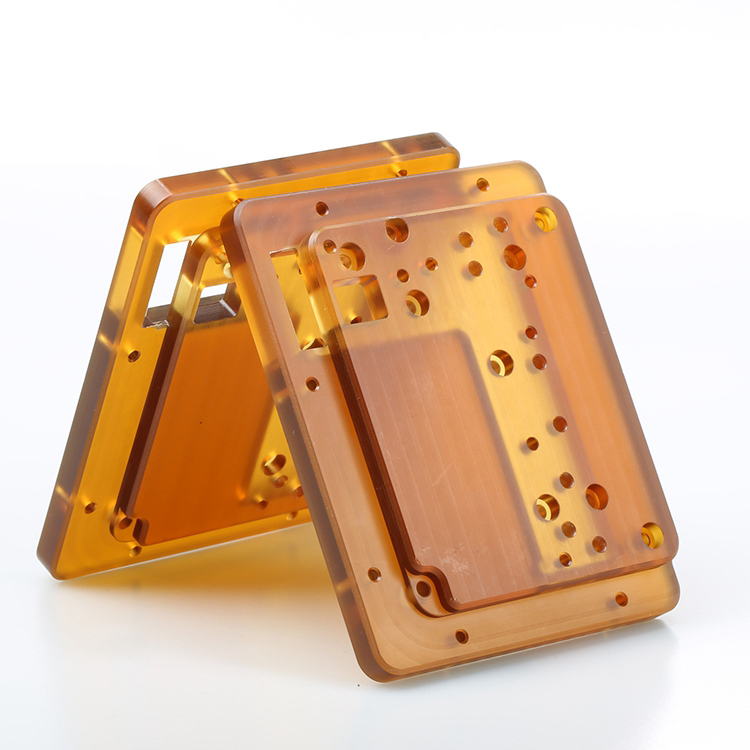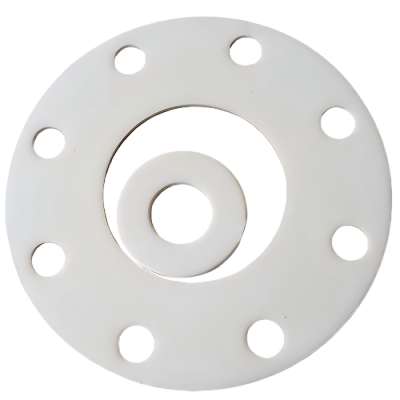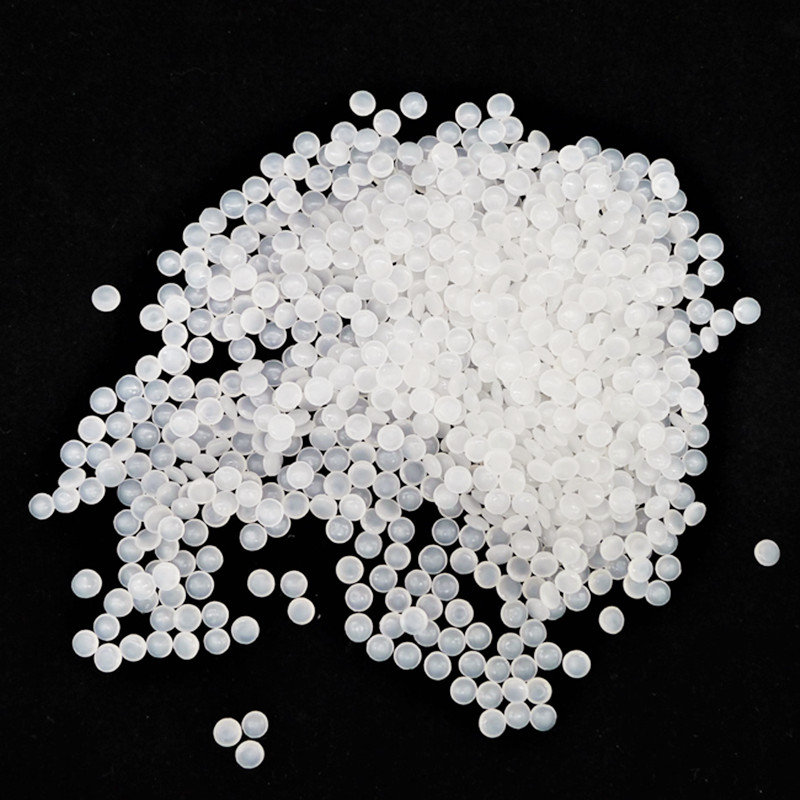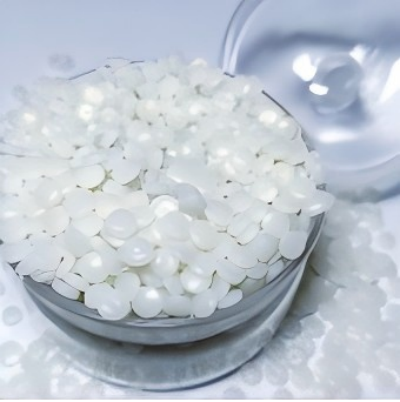Injection Molding Materials
Choosing the right injection molding material can make or break your project. Our comprehensive guide helps you quickly compare options based on strength, flexibility, and heat resistance, so you can confidently select the ideal material for prototypes, production parts, or custom designs—ensuring high-quality results every time.
PC+GF
Type: PC+GF
Impact Resistance, Strength, Aging Resistance
PC+GF (polycarbonate + glass fiber reinforced composite material) is a reinforced engineering plastic made by adding glass fiber (abbreviated as GF) to a polycarbonate (PC) matrix. The addition of glass fiber can significantly improve the mechanical properties and stability of pure PC while retaining some of PC’s excellent inherent properties, making it suitable for scenarios with high requirements for strength, rigidity, and dimensional accuracy. It features high strength, high rigidity, and heat resistance, and is ideal for automotive parts, electrical enclosures, and structural components.
TPU
Type: TPU
Impact Resistance, Wear Resistant, Chemical Resistant, Aging Resistance
TPU (Thermoplastic Polyurethane), commonly known as urethane rubber, is a thermoplastic elastomer. It features excellent elasticity, abrasion resistance, and chemical corrosion resistance, and is widely used in applications such as mobile phone cases (soft shells), sports shoe soles, and medical catheters.
PC+GF
Type: PC+GF
Impact Resistance, Strength, Aging Resistance
PC+GF (polycarbonate + glass fiber reinforced composite material) is a reinforced engineering plastic made by adding glass fiber (abbreviated as GF) to a polycarbonate (PC) matrix. The addition of glass fiber can significantly improve the mechanical properties and stability of pure PC while retaining some of PC’s excellent inherent properties, making it suitable for scenarios with high requirements for strength, rigidity, and dimensional accuracy. It features high strength, high rigidity, and heat resistance, and is ideal for automotive parts, electrical enclosures, and structural components.
HIPS
Type: HIPS
Impact Resistance, Economical, Electrical Insulation
High Impact Polystyrene (HIPS) is a low-cost and easily processable plastic material. It is often used in the manufacturing of low-strength structural components in scenarios where comprehensive requirements for a material’s impact resistance, processability, and cost are required. Additionally, with its excellent dimensional stability and ease of being painted and bonded, it has become an ideal material for prototyping.
PEI
Type: PEI
Temperature Resistance, Strength, CorrosionResistant, Flame Retardancy, Electrical Insulation, Aging Resistance
PEI (polyetherimide) is a high-performance thermoplastic engineering plastic that combines excellent heat resistance, mechanical properties, and chemical stability, enabling it to be widely used in high-end industrial fields such as aerospace, electronics and electrical engineering, and medical equipment.
PTFE
Type: PTFE
Temperature Resistance, Corrosion Resistance, low friction Coefficient, Aging Resistance
Polytetrafluoroethylene (PTFE), commonly known as Teflon, is a high-performance fluoropolymer. It is frequently used in mechanical components requiring reduced friction and wear—such as bearings, gears, and piston rings—due to its non-stick properties, low friction characteristics, and self-lubricating capabilities. PTFE also exhibits excellent electrical insulation properties, making it highly suitable for applications like high-frequency cables, high-voltage insulators, and electronic components.
Additionally, PTFE maintains stable performance during long-term use across an extreme temperature range from -200°C (ultra-low temperature) to 260°C (high temperature), enabling its use in harsh environments such as aerospace systems, deep-sea equipment, and high-temperature industrial apparatus.
LDPE
Type: LDPE
Corrosion Resistance, Toughness, Electrical Insulation
Low-Density Polyethylene (LDPE) is lighter than water, soft and tough, with excellent acid and alkali resistance as well as electrical insulation properties. It is widely used in fields such as packaging, agriculture, electronics, and daily necessities.
HDPE
Type: HDPE
Corrosion Resistance, Strength, Electrical Insulation
High-Density Polyethylene (HDPE) is a lightweight, chemically resistant, and high-strength material. It is flexible and tough, commonly used in applications such as food packaging (e.g., food containers), agricultural films, daily necessities (e.g., storage boxes), and water tanks.
TPU
Type: TPU
Impact Resistance, Wear Resistance, Chemical Resistant, Aging Resistance
TPU (Thermoplastic Polyurethane), commonly known as urethane rubber, is a thermoplastic elastomer. It features excellent elasticity, abrasion resistance, and chemical corrosion resistance, and is widely used in applications such as mobile phone cases (soft shells), sports shoe soles, and medical catheters.

